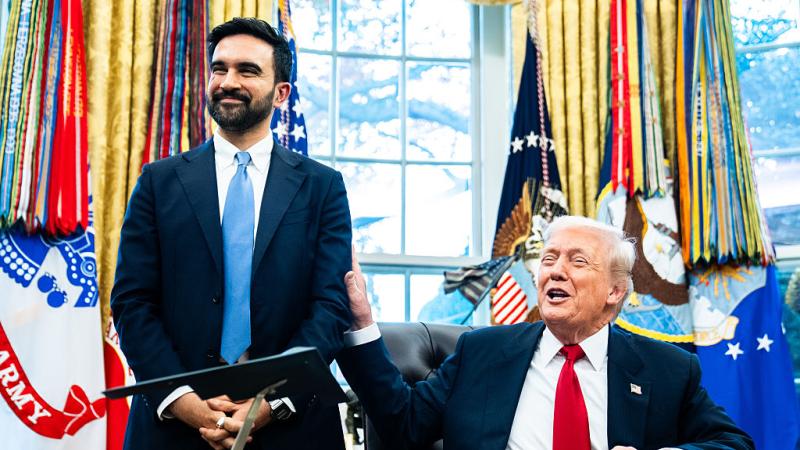Senate's coronavirus stimulus sends billions to federal agencies to 'enhance teleworking'
The Kennedy Center of Performing Arts, the Smithsonian Institution and National Endowments for the Arts and Humanities also receive perks in the $2 trillion coronavirus stimulus package
The Senate’s $2 trillion coronavirus economic stimulus package provides billions for the federal government to implement “enhanced telework capabilities.”
According to a draft of the Emergency Supplemental Appropriations portion of the legislation, the Department of Justice, the Federal Bureau of Investigation, the Department of the Army, U.S. Army Corps of Engineers, and the Department of the Interior receive funds to enhance telework capabilities. The Department of Veterans Affairs alone received more than $2 billion for Information Technology funding that includes increasing telework.
Federal employees at many agencies currently telework, according to the government’s official teleworking website.
The website states that the Telework Enhancement Act of 2010 “applies to all Federal Executive agency employees,” regardless of their geographic location.
“Although entering into a telework arrangement is voluntary, once the employee is under such an arrangement, he/she may be required to telework outside of his/her normal telework schedule in the case of a temporary emergency situation if that understanding has been clearly communicated by the agency to the teleworking employee in the written telework agreement,” the website reads.
The Kennedy Center of Performing Arts, which has cancelled performances at the venue through May 10, would receive $25 million in the package “for deep cleaning, increased teleworking capabilities, and operating and administrative expenses to ensure the center will resume normal operations immediately upon reopening.”
The Kennedy Center did not return a request for comment about their stimulus funding request from Congress above their approximately $37 million budget.
The Corporation for Public Broadcasting received $75 million “for stabilization grants to maintain programming services and to preserve small and rural public telecommunication stations.”
The Smithsonian Institution also received “$7.5 million for increased telework capabilities, deep cleaning of facilities, and overtime for security, medical staff, and zoo keepers."
National Endowments for the Arts and Humanities received $150 million “for grants, including funding to state arts agencies and other partners in an effort to help local, state, and regional communities provide continued access to cultural organizations and institutions of learning.”
The U.S. Senate sent $1 million to its Office of the Sergeant at Arms to provide “funding to cover technology costs for teleworking and support Senate offices and committees” and $9 million to “cover costs associated with emergency needs related to coronavirus.”
According to the draft, “funding and authority is also provided to reimburse costs for the staff of the Senate Employees Child Care Center.”
The House of Representatives gets $25 million for “salaries and expenses,” which would support “the House’s capability to telework, including the purchase of equipment and improvements to the network." The funding would also be used to “reimburse costs for the staff of the House Child Care Center and House restaurant contracts.”
The U.S. Capitol Complex has been closed to the public due to coronavirus. In the draft of the supplemental appropriations, U.S. Capitol Police receive $12 million “to maintain staffing levels to protect the Capitol complex” and to “cover expenses related to increased teleworking and contract support for a reduced on-site workforce.”
The full text of the final $2 trillion stimulus bill has not yet been released to the public.
The Senate is expected to vote sometime Wednesday evening on the legislation.
















